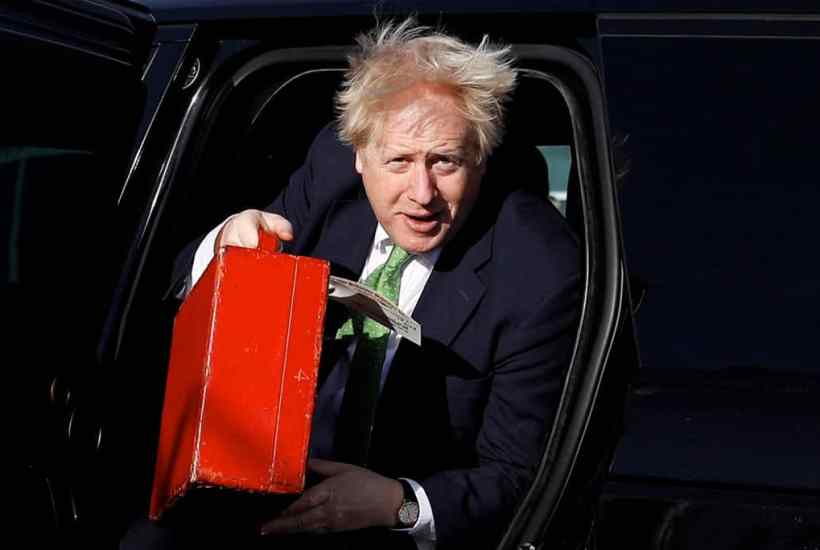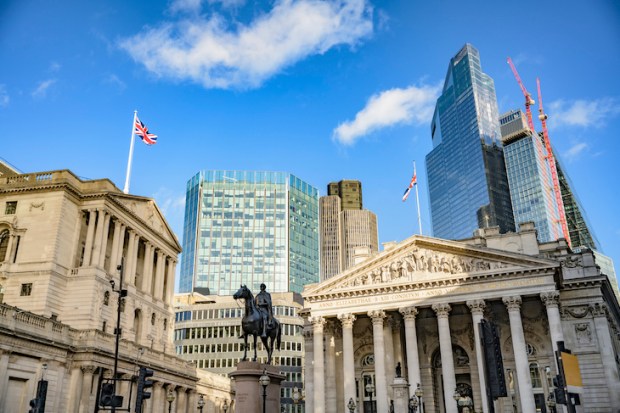Regional agencies pumping money into research and development. Targets for education and healthcare. Another layer of meddling local government, and possibly a new bus route or two. The government plans for ‘levelling up’ unveiled today are a mixture of 1960s statism, which could have been taken straight from Harold Wilson’s government, mixed up with some wishful thinking. But don’t despair: there is a far better strategy. The Tories should simply offer some meaningful tax breaks and incentives and let the private sector do the hard work for us.
That approach can’t be worse than what has been offered up by the government. Even by the recent dismal standards of the Johnson administration the ‘levelling up’ plans outlined today are thin stuff. Hardly any new money is committed to closing the differences in wealth, education, healthcare and opportunities between the different regions of the UK. There are no bold new policies. And the government is mistaken to think that simply enshrining a target in law makes any difference, especially as none of the ministers involved are likely to still be around in 2030. There is nothing wrong with the idea of levelling up, of course, even if its importance is sometimes exaggerated. After all, most modern economies have richer and poorer areas and the UK is hardly unique. But the execution is woeful.
So how about we allow the market to level up for us? How? First, we could have a regional level of corporation tax. There is nothing unusual about that. Switzerland has different rates between cantons (which is why all the hedge funds are in Zug, hardly a buzzing metropolis) and the United States has different rates by state (which is why Tesla just moved from California to Texas).
With the UK’s main rate going up to 25 per cent soon, that could make a huge difference. A lot of investment managers might decide Newcastle was really quite nice with only a ten per cent tax rate; and plenty of entrepreneurs could think that a shared work hub overlooking the Blackpool coastline was not such a bad option for precisely the same reason.
Next, we could massively expand freeports to make them low-tax enterprise zones in left-behind regions. What’s not to like? At the moment, it is hard to see what they are for. Not all of them are even by the sea, and they are not free of very much. As genuine low-tax, light regulation zones stripped of all the burdens the state imposes on business they could be a powerful tool for regeneration.
Finally, we could reform business rates. These are one of the main reasons why so many High Streets are blighted by ugly boarded up shops. At least 20 of the most deprived areas could get a five year suspension of rates, and new retailers could then set up tax free.
In reality, the state will choose the wrong projects, make poor investment decisions, and spend money on schemes that won’t make any difference to anything. It would be far simpler, and far more effective, to offer some real incentives. So let the private sector go to work: it will deliver a lot more in the way of ‘levelling up’ than any government department ever will.
Got something to add? Join the discussion and comment below.
Get 10 issues for just $10
Subscribe to The Spectator Australia today for the next 10 magazine issues, plus full online access, for just $10.




















Comments
Don't miss out
Join the conversation with other Spectator Australia readers. Subscribe to leave a comment.
SUBSCRIBEAlready a subscriber? Log in